
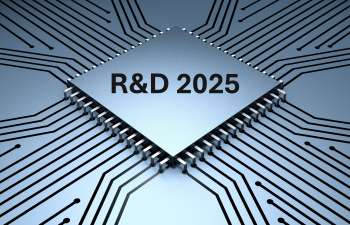
What’s getting R&D attention? The impact of upcoming regulations, A.I., new cybersecurity risks, developments in battery power and innovation, collaborative efforts, and other impacts on the industry in the year ahead.

What’s getting R&D attention? The impact of upcoming regulations, A.I., new cybersecurity risks, developments in battery power and innovation, collaborative efforts, and other impacts on the industry in the year ahead.

The integration of technology and connectivity into healthcare is not only improving patient outcomes but also reshaping the way care is delivered.

Cardiovascular conditions are the leading cause of death. Fortunately, industry leaders are discovering innovative ways to diagnose and treat them. See how mobile apps and AI will change this field in 2025 and beyond.
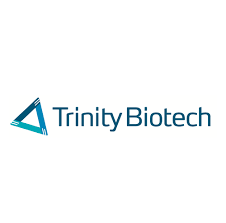
Trinity received written notice from the Nasdaq Stock Market LLC (“Nasdaq”) confirming that the Company has regained compliance with the minimum market value of publicly held shares required.
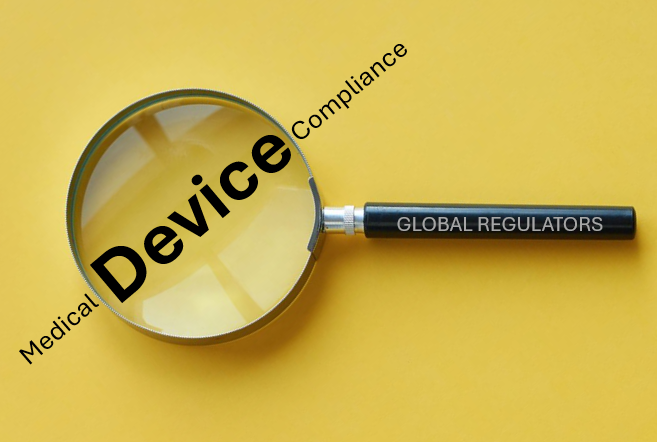
In the light of new research, Peter Muller and Mike Baird of Schlafender Hase assess how well Class 2 and 3 device manufacturers in Europe and the US are adapting to a rise in regulatory controls.
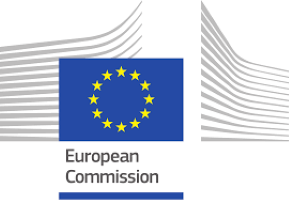
Q2/24 Life Science and Health Care Law Updates by Hogan Lovells including key trends in the EU and Big Five (France, Germany, Italy, Spain, UK) regulatory, corporate, compliance, competition, and privacy.

Law firm, Hogan Lovells, analyzes the changes to the updated enforcement policy and provide key takeaways for entities responsible for communication regarding approved/cleared medical products.

Law firm, Hogan Lovells, analyses the implications of the AI Act for the Medtech sector and highlight a number of key challenges for medical device manufacturers and their partners in aligning conformity routes for their products under the AI Act.
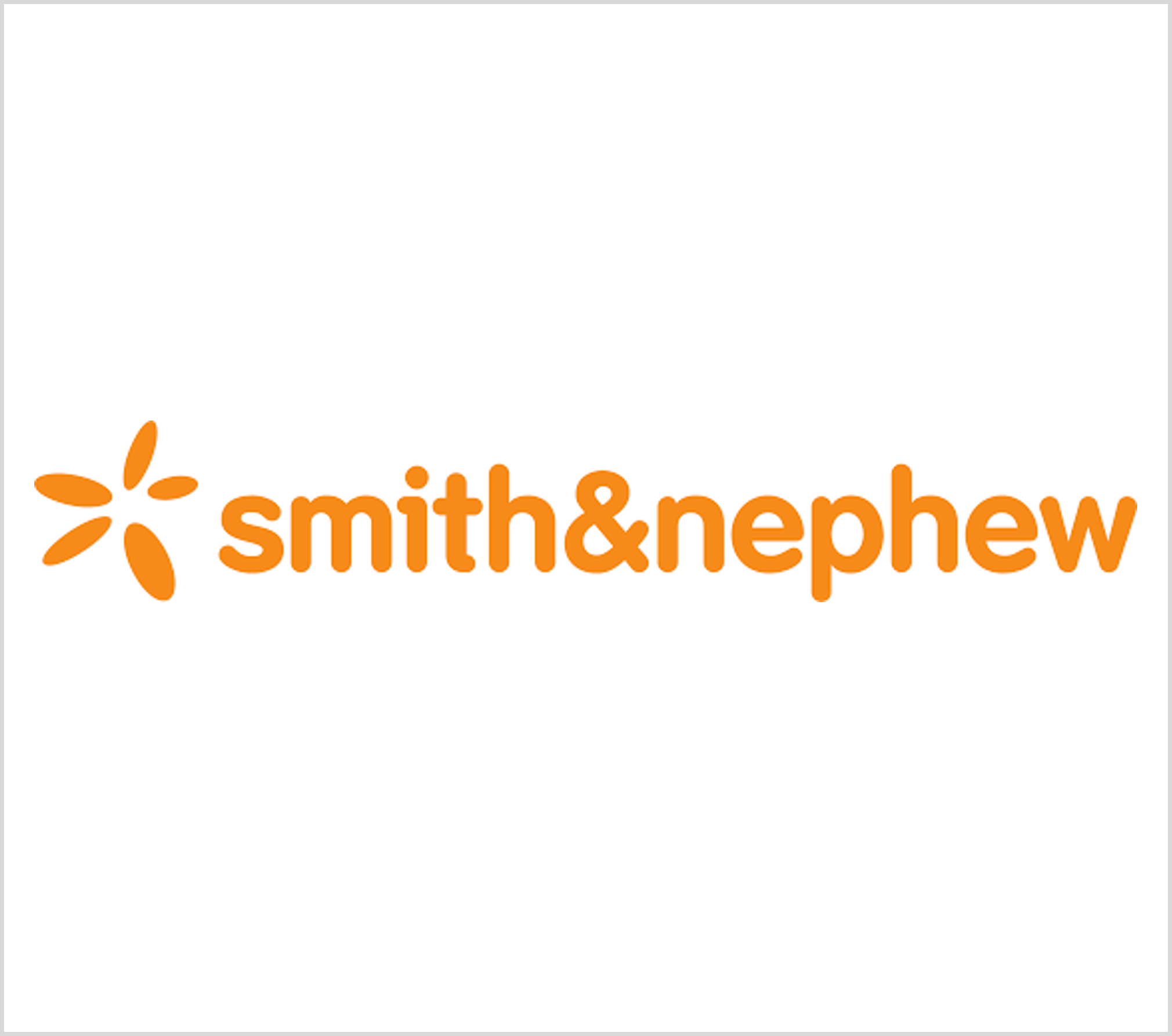
Cevian Capital increased its position in Smith & Nephew to a 5% stake in the British medical equipment maker, making it Smith & Nephew’s second largest shareholder according to reports by Reuters.
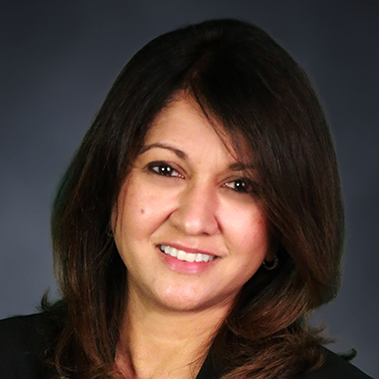
As technology component pricing continues to rise, MedTech manufacturers are applying proven methods and exploring new approaches to maintain profitability and extend product lifecycles.